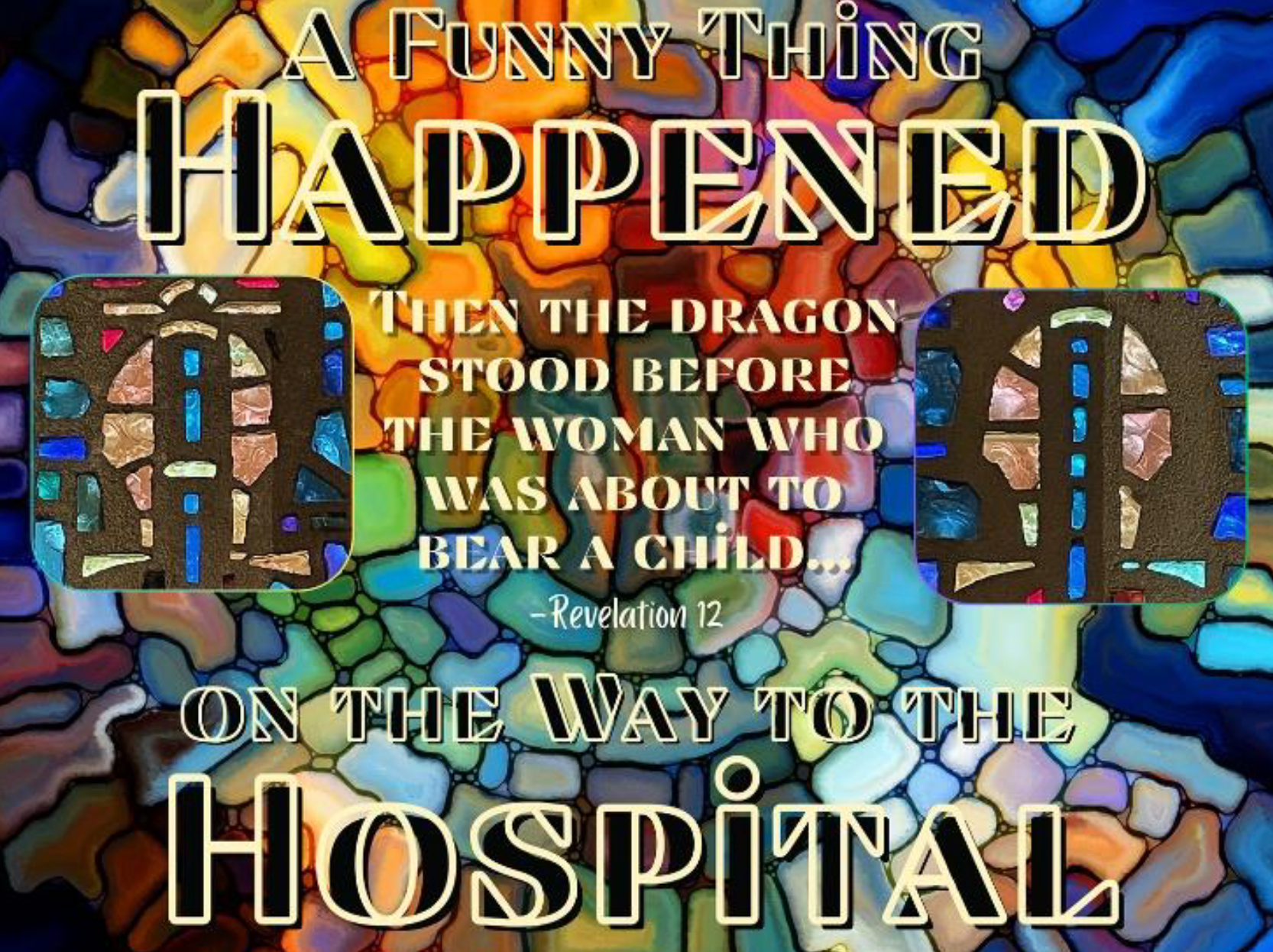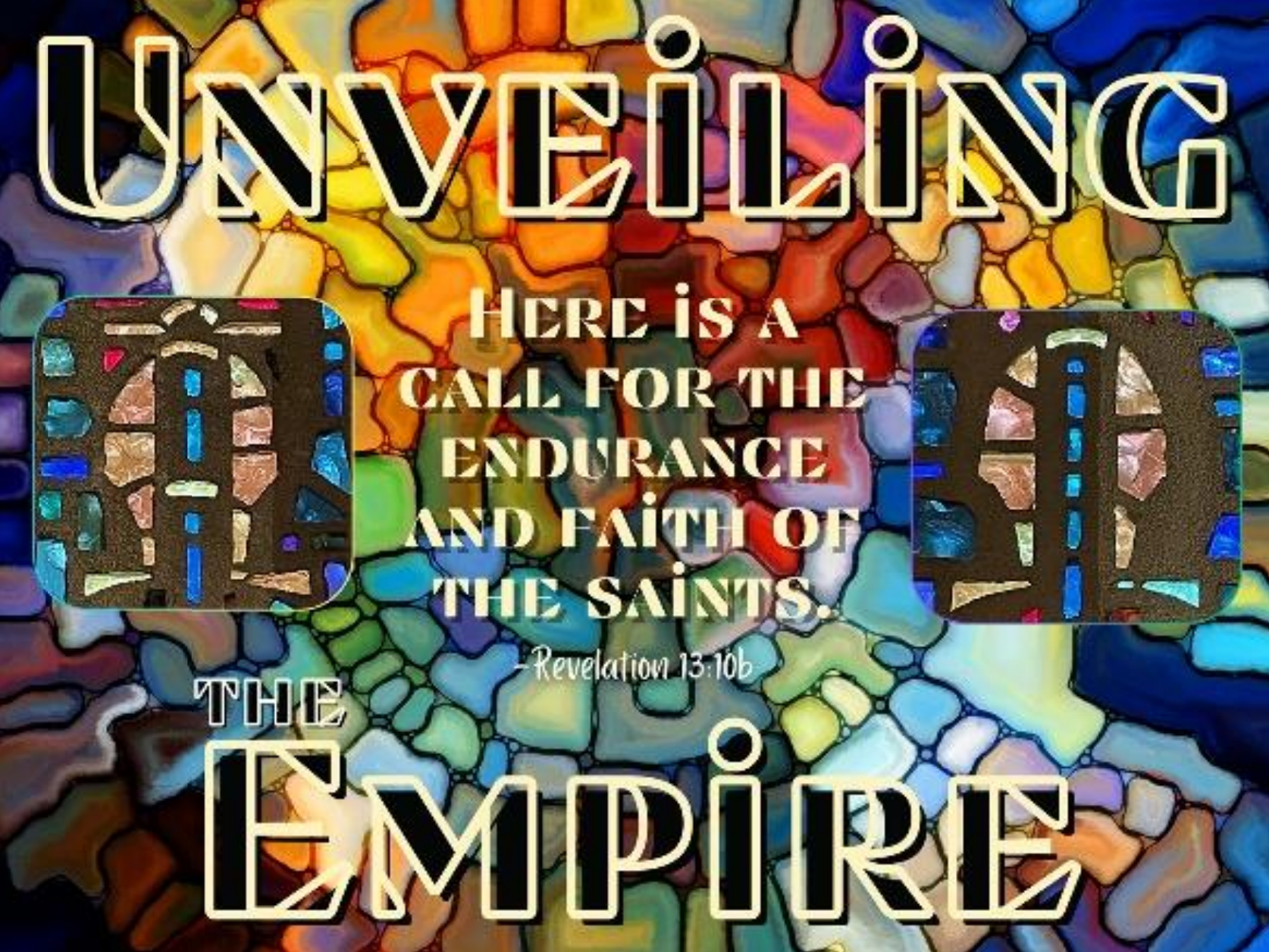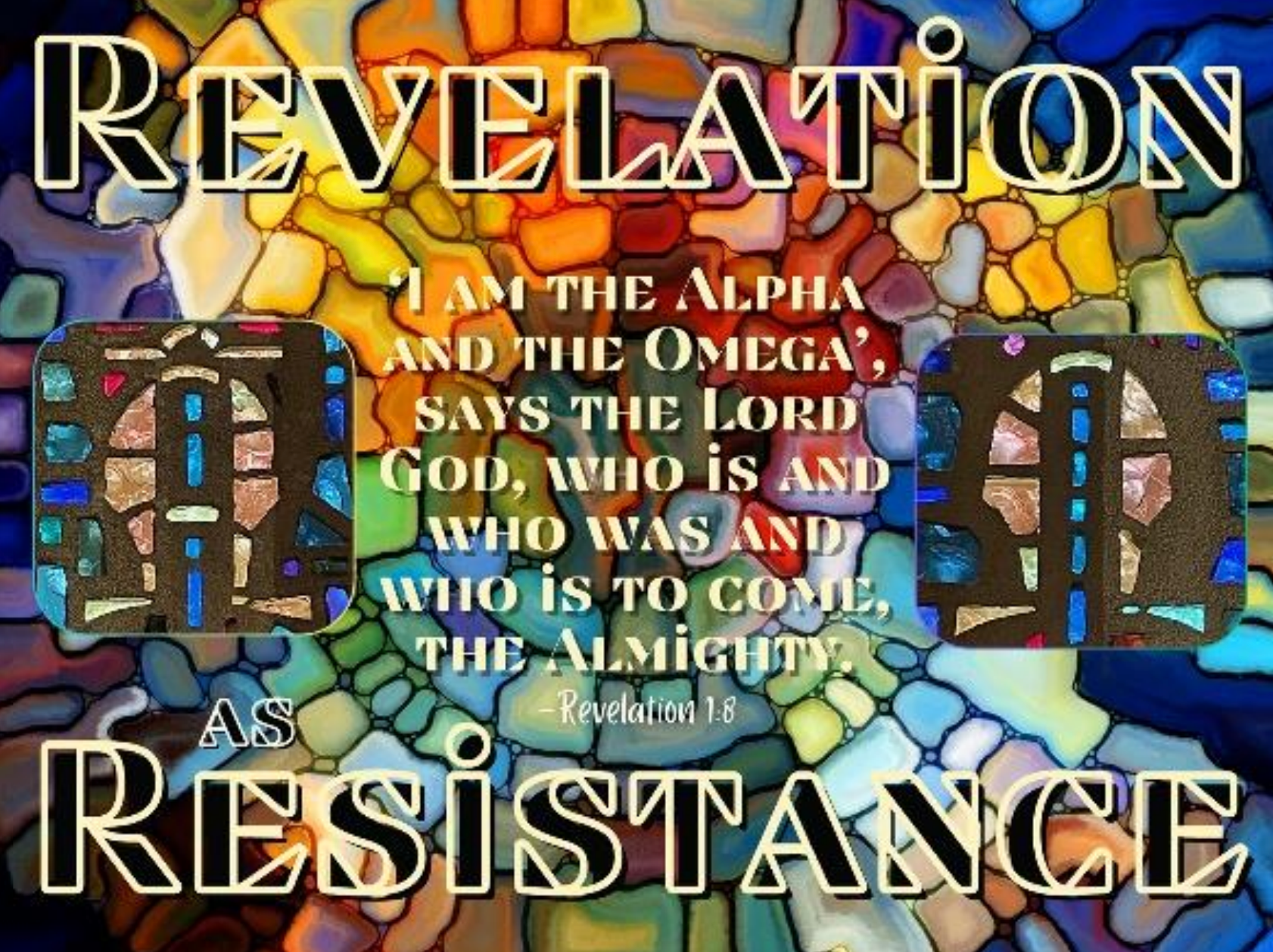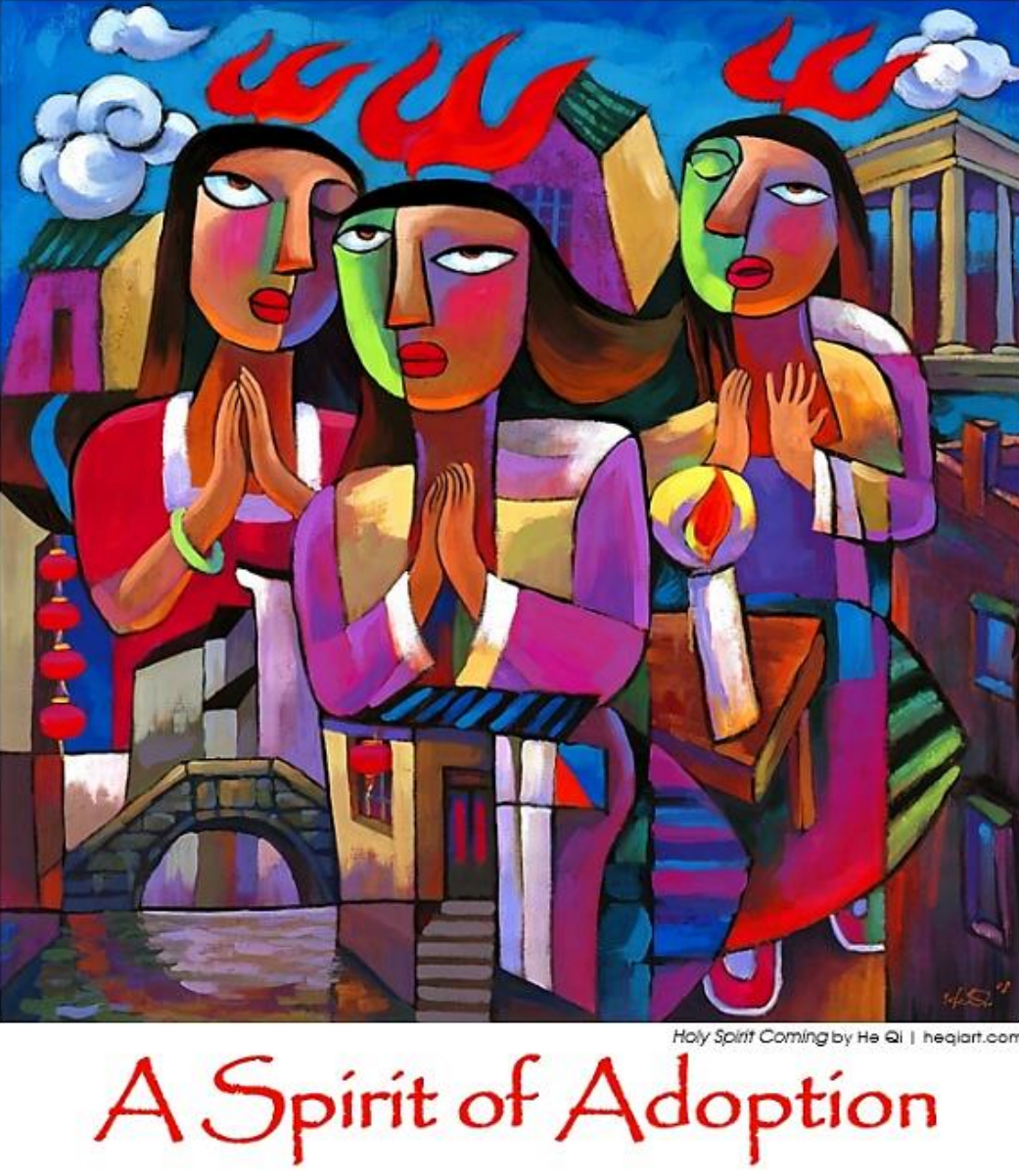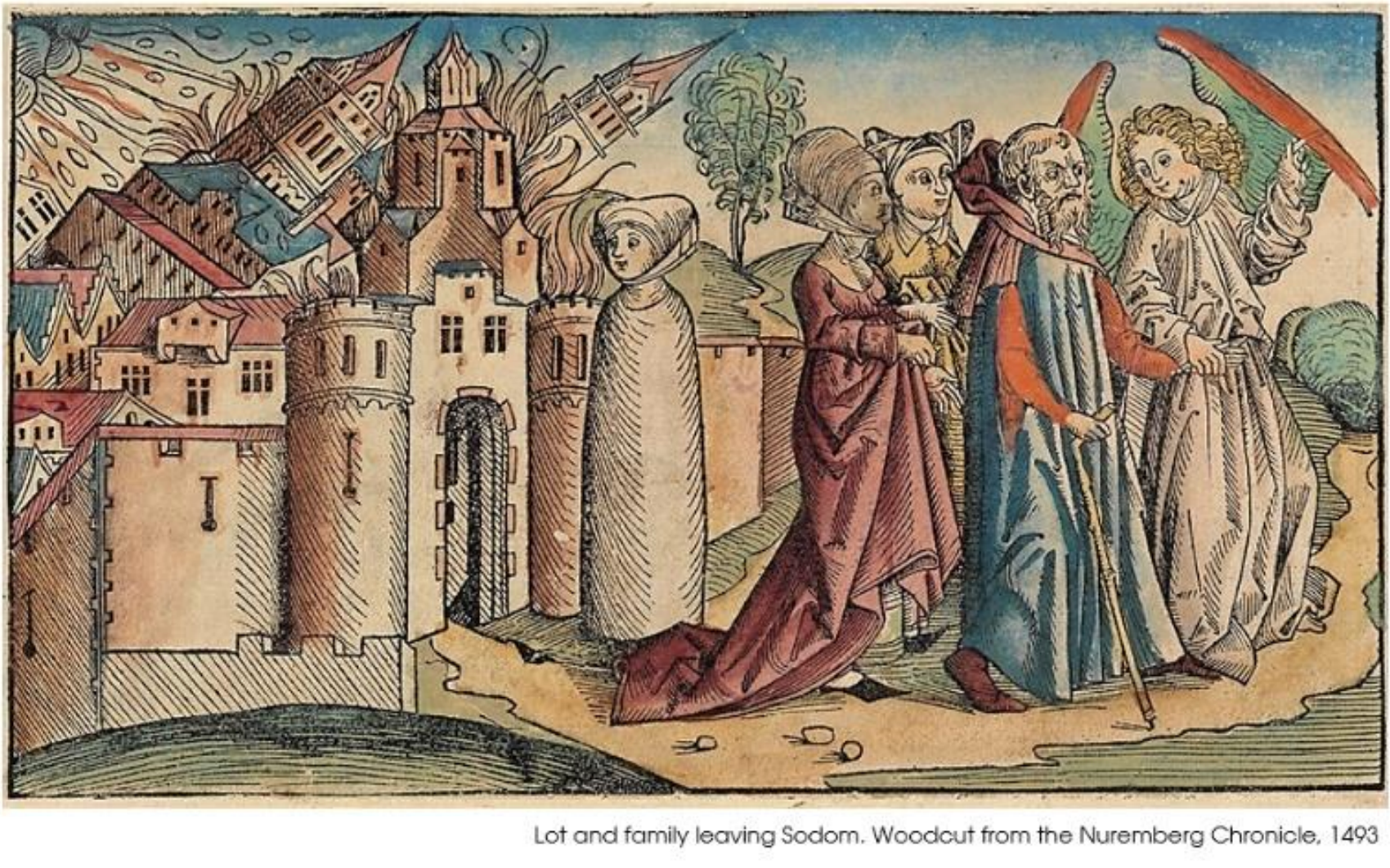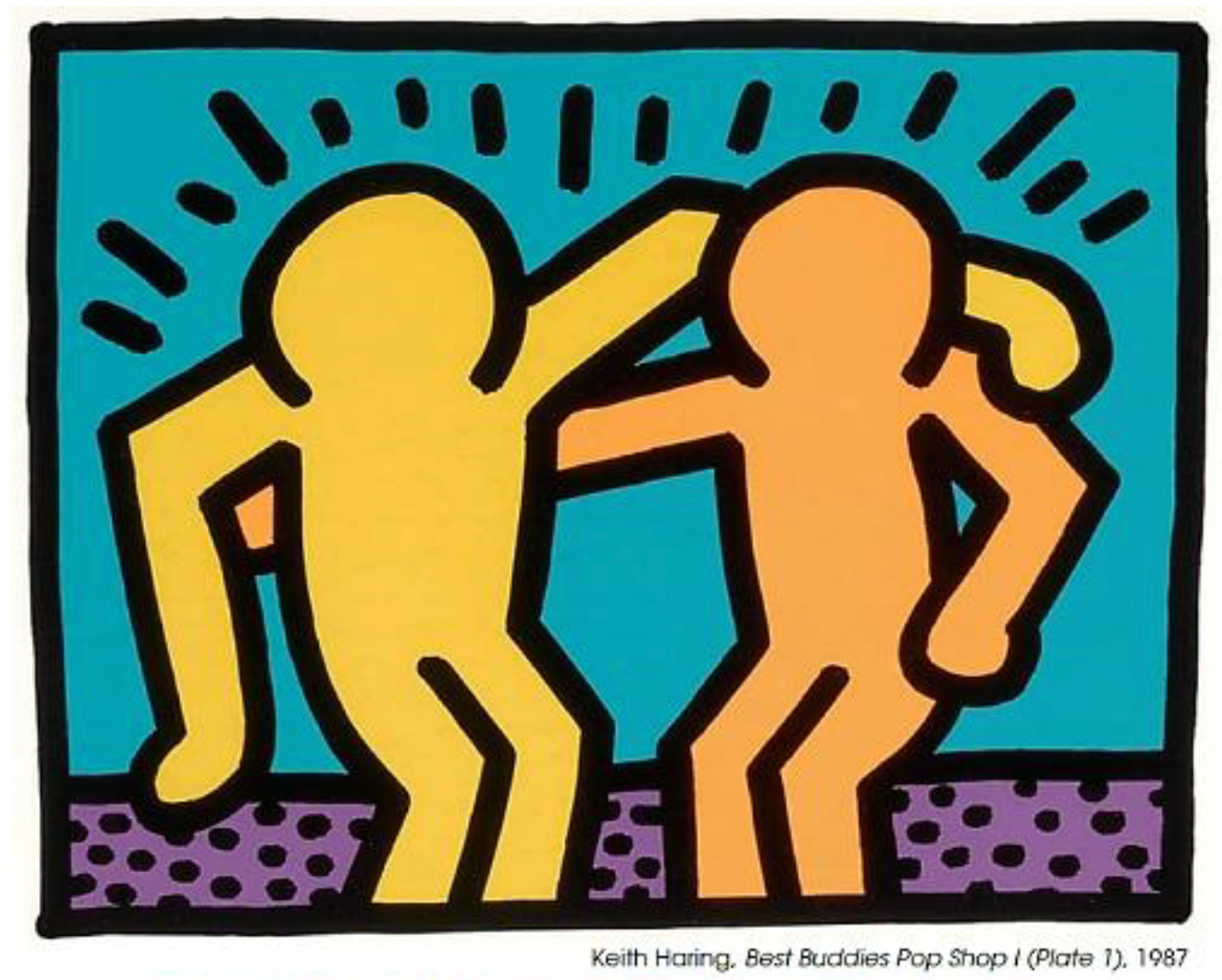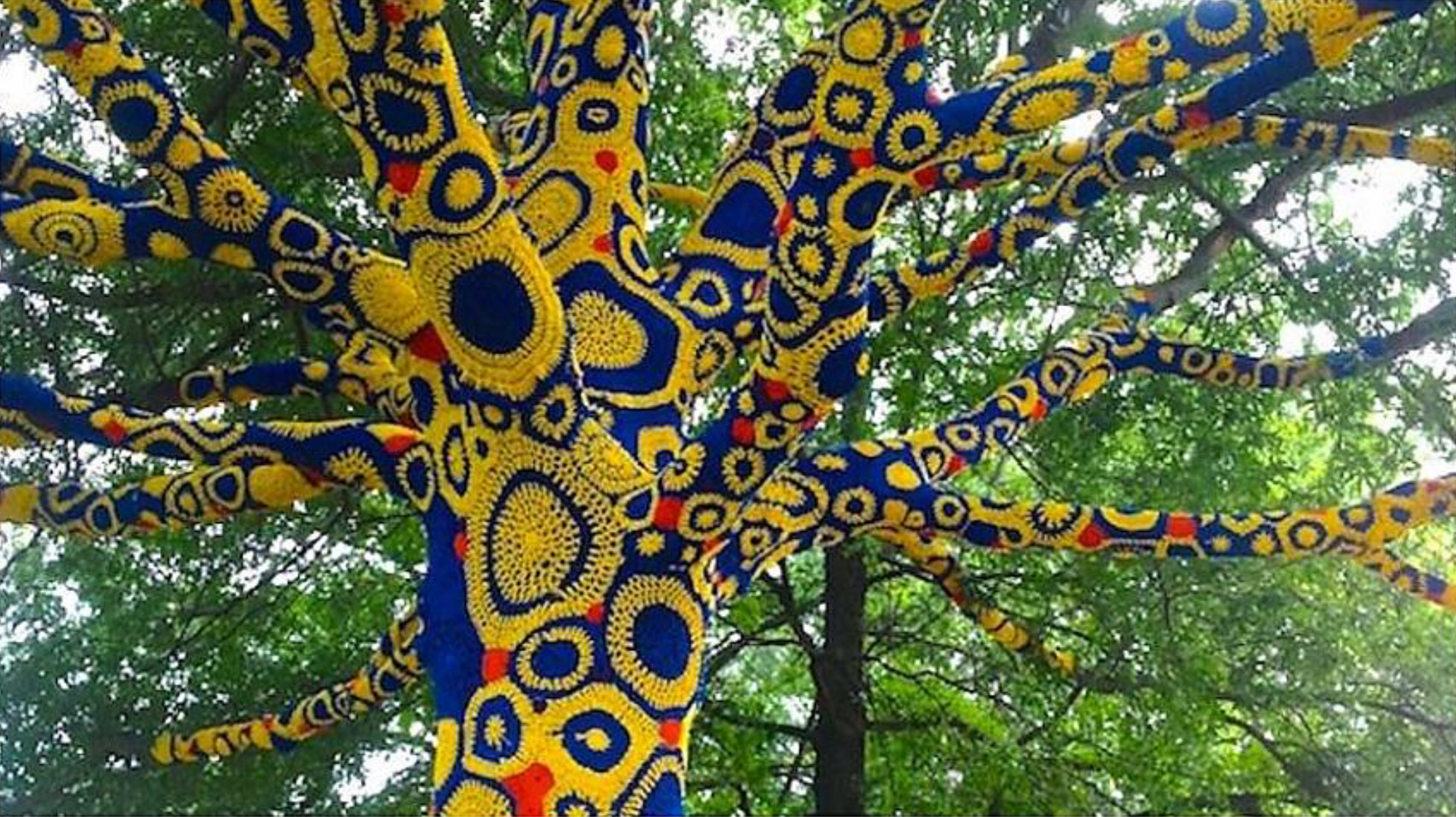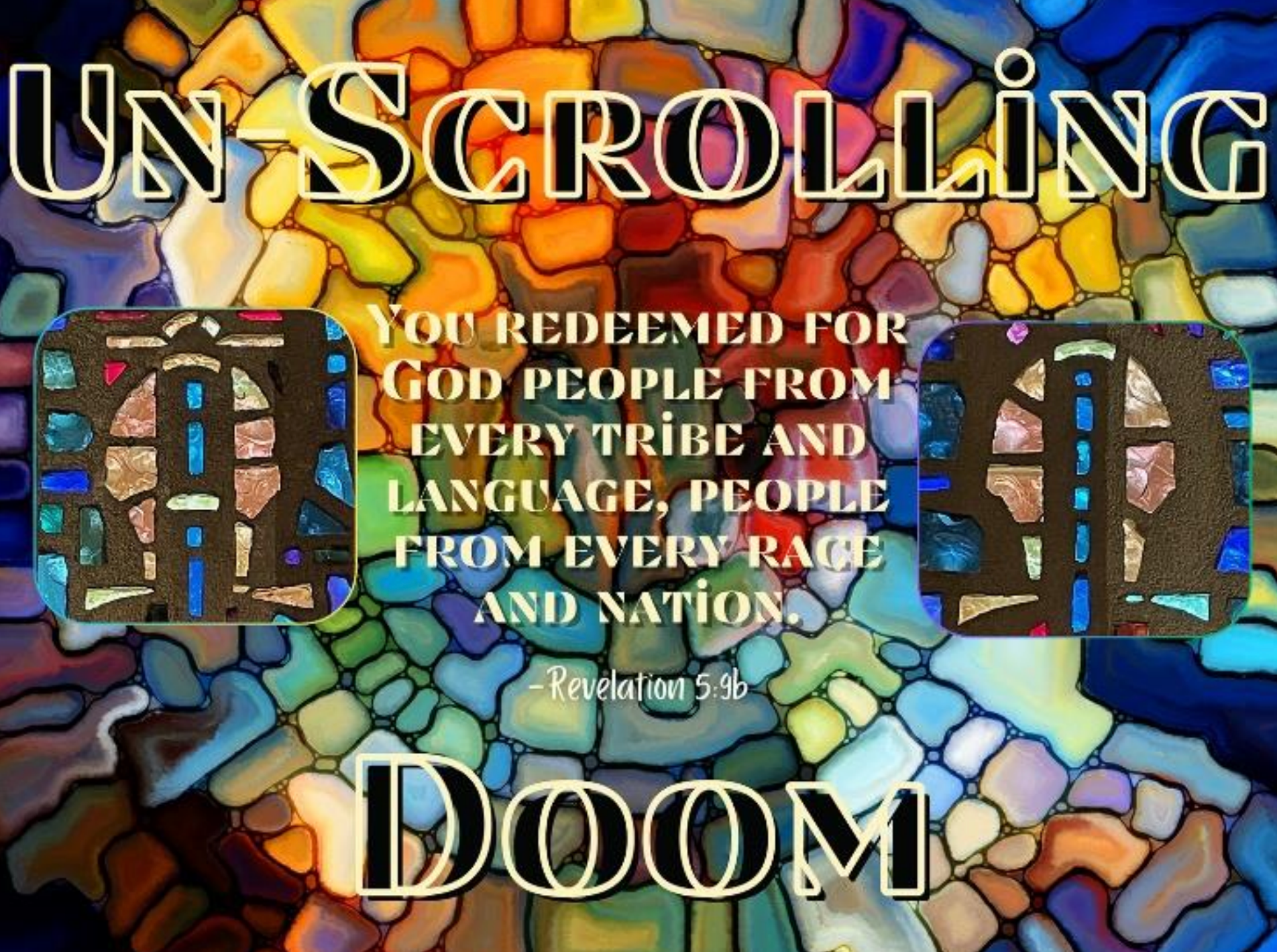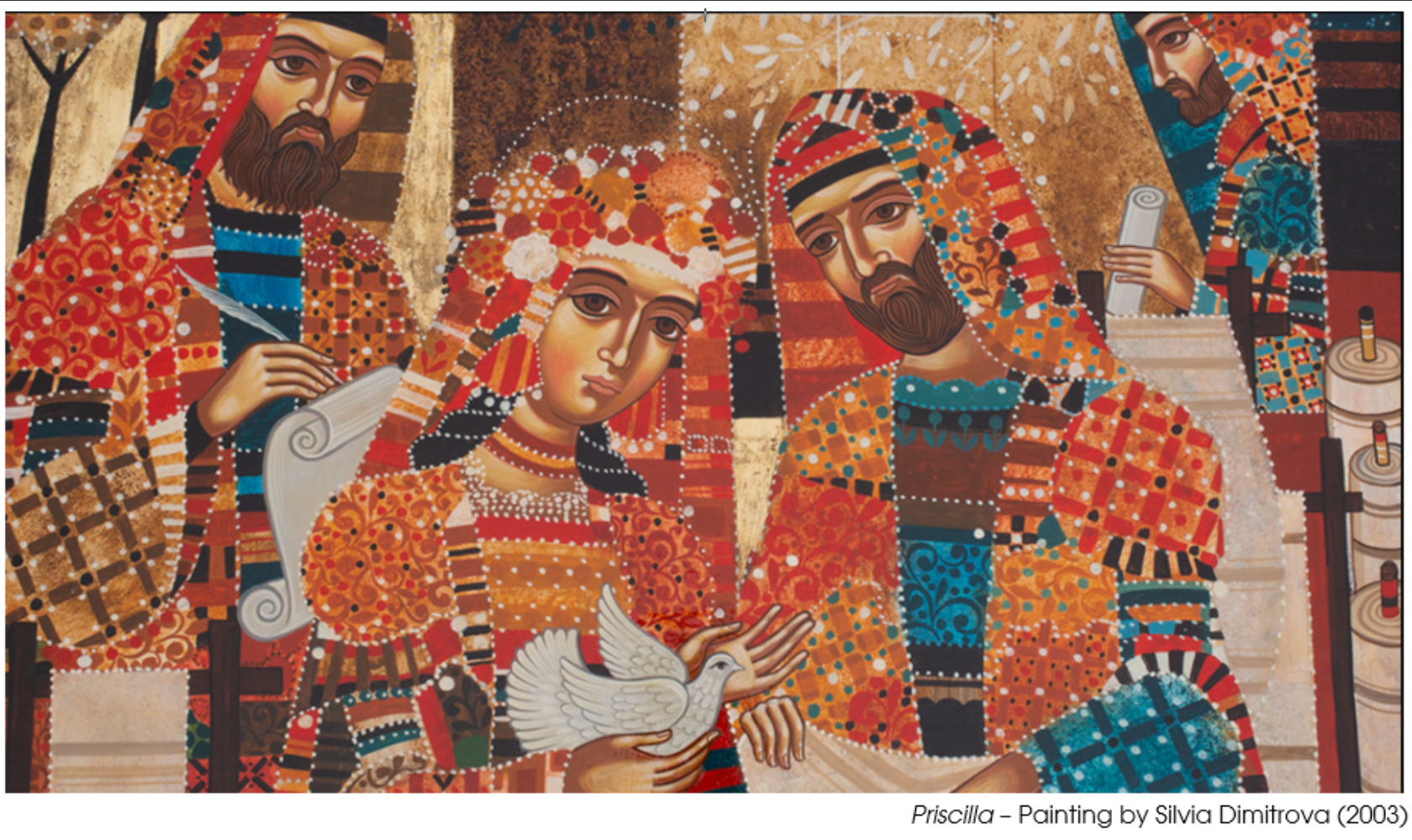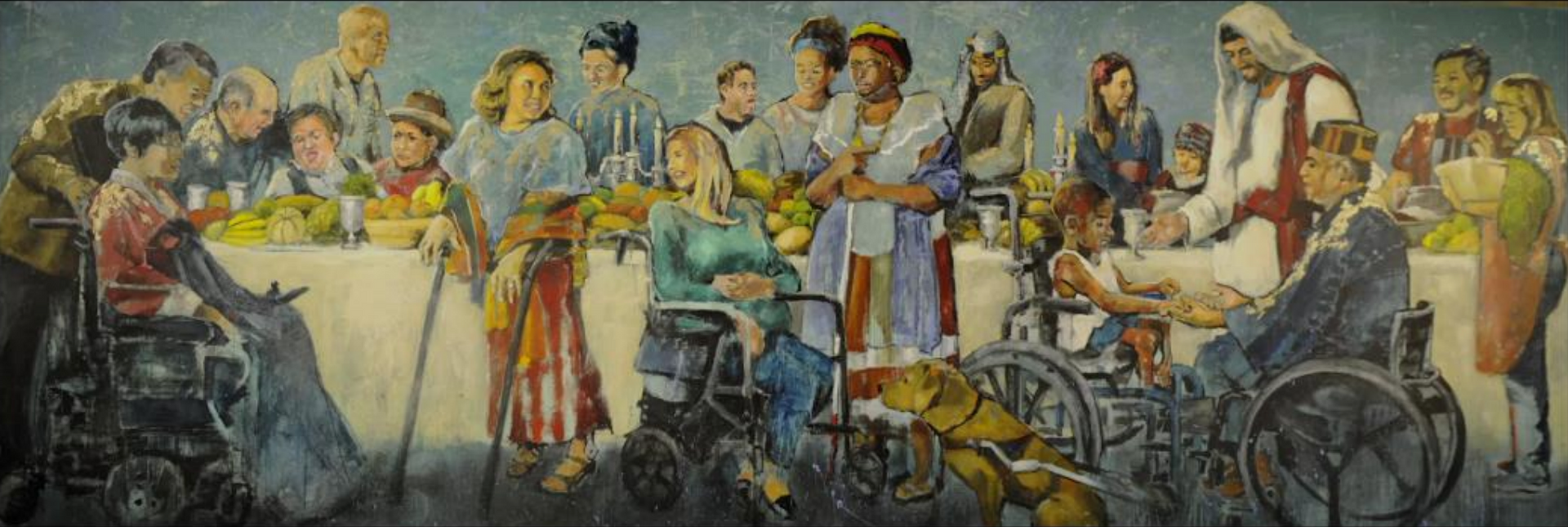God, COVID-19, and Suffering with Dr. Greg Love (Part 2)
How are Christians responding to a God that would allow COVID-19 and human suffering? In this 2-part online series with Rev. Dr. Gregory Love, he guides us through four main models of the Christian response to the COVID-19 pandemic. Watching this series will help you better understand what many different Christians mean when they talk about suffering, including in the media, and also help you figure out your own view.
Gregory Love is Associate Professor of Systematic Theology at San Francisco Theological Seminary and The Graduate Theological Union. Dr. Love’s research, writing, and teaching have focused on bringing three voices together: the sciences, contemporary theology, and feminist theory. Dr. Love is also a Presbyterian pastor, and speaks and teaches frequently in church venues, where he enjoys making difficult theological material come to life for people whose daily vocations are in the public sphere.
The post God, COVID-19, and Suffering with Dr. Greg Love (part 2) appeared first on Calvary Presbyterian Church, San Francisco.
